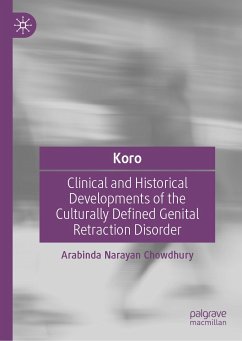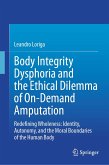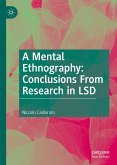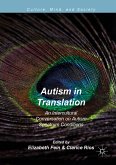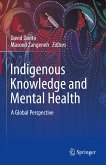This book provides a definitive account of koro, a topic of long-standing interest in the field of cultural psychiatry in which the patient displays a fear of the genitals shrinking and retracting. Written by Professor A.N. Chowdhury, a leading expert in the field, it provides a comprehensive overview of the cultural, historical and clinical significance of the condition that includes both cutting-edge critique and an analysis of research and accounts from the previous 120 years published literature.
The book begins by outlining the definition, etymology of the term, and clinical features of koro as a culture-bound syndrome, and contextualizes the concept with reference to its historical origins and local experience in Southeast Asia, and its subsequent widespread occurrence in South Asia. It also critically examines the concept of culture-bound disorder and the development of the terminology, such as cultural concepts of distress, which is the term thatis currently used in the DSM-5. Subsequent chapters elaborate the cultural context of koro in Chinese and South Asian cultures, including cultural symbolic analysis of associations with animals (fox and turtle) and phallic imagery based on troubling self-perceived aspects of body image that is central to the concept. The second section of the book offers a comprehensive, global literature review, before addressing the current status and relevance of koro, clinically relevant questions of risk assessment and forensic issues, and research methodology.
This landmark work will provide a unique resource for clinicians and researchers working in cultural psychiatry, cultural psychology, anthropology, medical sociology, social work and psychosexual medicine.
¿Arabinda Narayan Chowdhury is a Consultant in Adult Psychiatry and is currently working at Leicestershire Partnership NHS Trust, UK. Before joining the NHS, he worked as Professor and Head of the Institute of Psychiatry, Kolkata, India. Professor Chowdhury's research interests include Cultural and Social Psychiatry, with a particular focus on Eco-Psychiatry but with a special focus on koro, on which he has contributed over 50 articles and chapters.
Dieser Download kann aus rechtlichen Gründen nur mit Rechnungsadresse in A, B, BG, CY, CZ, D, DK, EW, E, FIN, F, GR, HR, H, IRL, I, LT, L, LR, M, NL, PL, P, R, S, SLO, SK ausgeliefert werden.
Es gelten unsere Allgemeinen Geschäftsbedingungen: www.buecher.de/agb
Impressum
www.buecher.de ist ein Internetauftritt der buecher.de internetstores GmbH
Geschäftsführung: Monica Sawhney | Roland Kölbl | Günter Hilger
Sitz der Gesellschaft: Batheyer Straße 115 - 117, 58099 Hagen
Postanschrift: Bürgermeister-Wegele-Str. 12, 86167 Augsburg
Amtsgericht Hagen HRB 13257
Steuernummer: 321/5800/1497
USt-IdNr: DE450055826
Bitte wählen Sie Ihr Anliegen aus.
Rechnungen
Retourenschein anfordern
Bestellstatus
Storno

